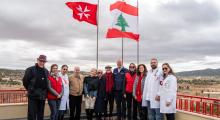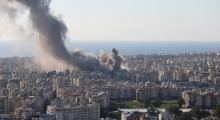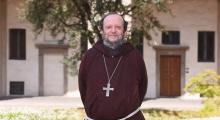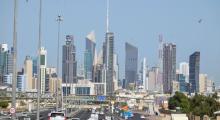Issued by the Catholic Center for Studies and Media - Jordan. Editor-in-chief Fr. Rif'at Bader - موقع أبونا abouna.org
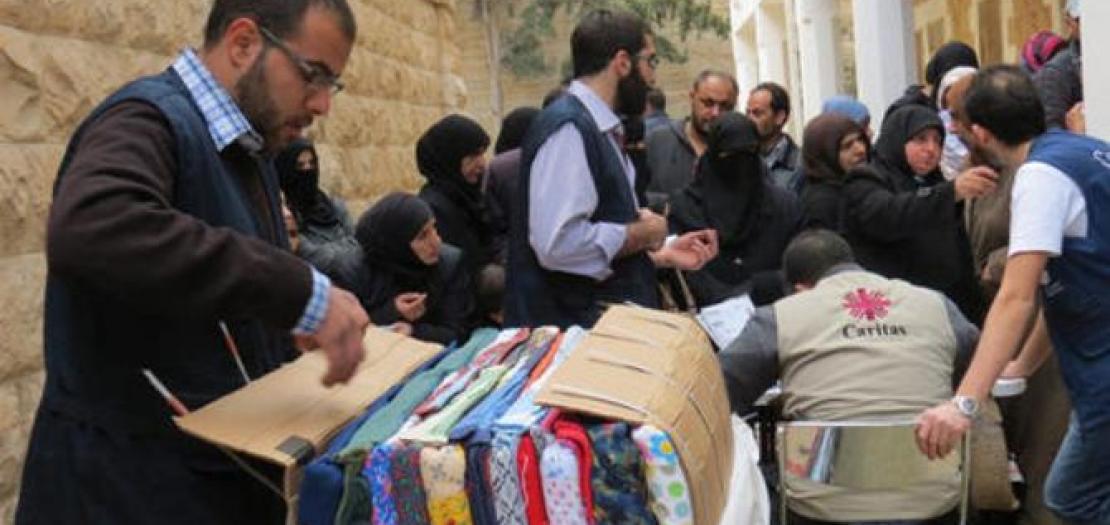
At the headquarters of Caritas International in the Vatican, a meeting of Caritas Middle East was held on September 15-17, 2014, updating on the geopolitical and demographic situation, and the needs and actions already under way to assist the recovery conflict-affected populations. Various officials openly admit that they are overwhelmed.
More hot news topics were discussed: the displacement of millions of Syrian refugees, the humanitarian crisis in Gaza and the advancement of the Islamic state, with all its consequences on Christians. The official report of Michel Roy, General Secretary of Caritas International, is uncompromising: “The Middle East is in turmoil and Caritas is overwhelmed by the increasing needs, while resources shrink … We cannot accept that millions of people, entire societies, who once cohabited in peace, be destroyed.”
The crisis meeting, therefore, had as its objective to always search for “the best possible answer to be given, in the months and years ahead, to the tragedy, and how to collaborate with other outside organizations as well as Catholic Church organizations, to promote peace and stability in the region”. Caritas representatives at the meeting came from Turkey, Syria, Jordan, Jerusalem, Lebanon and Iraq.
Over the past decade, Caritas Middle East has aided almost one million people by providing shelter, food, basic necessities, psychological assistance and all that can help a population physically and morally scarred by war, displacement and loss. Far from being finished, the work still requires years of energy to continue the work. The directors of Caritas groan under the weight of the task and do not seem to see light at the end of the tunnel.
By providing assistance to the population, the clear objective is to work towards building a sustainable peace. Therefore the important role of local Caritas organizations is that those who work in the region are of the same nationality or the same culture as those to whom they provide assistance. They are more aware of the problems and better able to discern the appropriate needs, and so it is through them that peace can be found, from within and not from outside. Cardinal Maradiaga, president of Caritas International, stressed in particular that “Peace in the Middle East must be based on justice for all peoples. It should not be imposed from outside, but must come from within.”
However, in a region enflamed by wars for many years, the hope of seeing the emergence of peace from within is quite low at this time. It also depends on the capacity of countries selling arms to stop sales to the Middle East. Pope Francis also stated this on the occasion of commemorating the centenary of the First World War, “War is never necessary nor inevitable … You can always find an alternative: the path of dialogue, meeting and the honest search for truth.” It is furthermore a requirement for an already overstretched Caritas to put all its remaining energies in the service of achieving peace.




